News
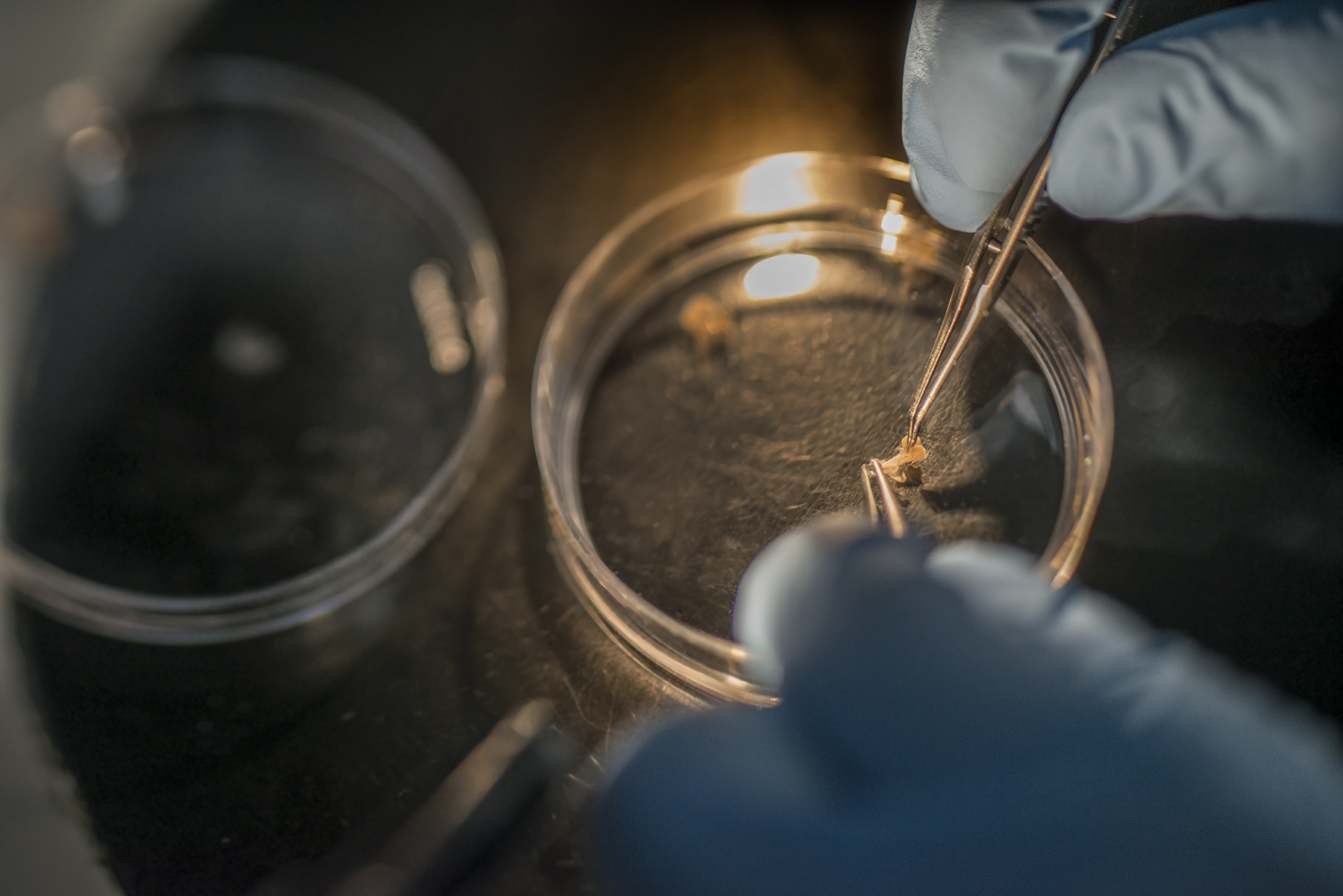
The Laboratory of Dr. Lisa Cassis within the University of Kentucky (UK) School of Medicine in the Department of Pharmacology and Nutritional Sciences is seeking to fill a Postdoctoral Research Scientist position in the area of vascular biology.
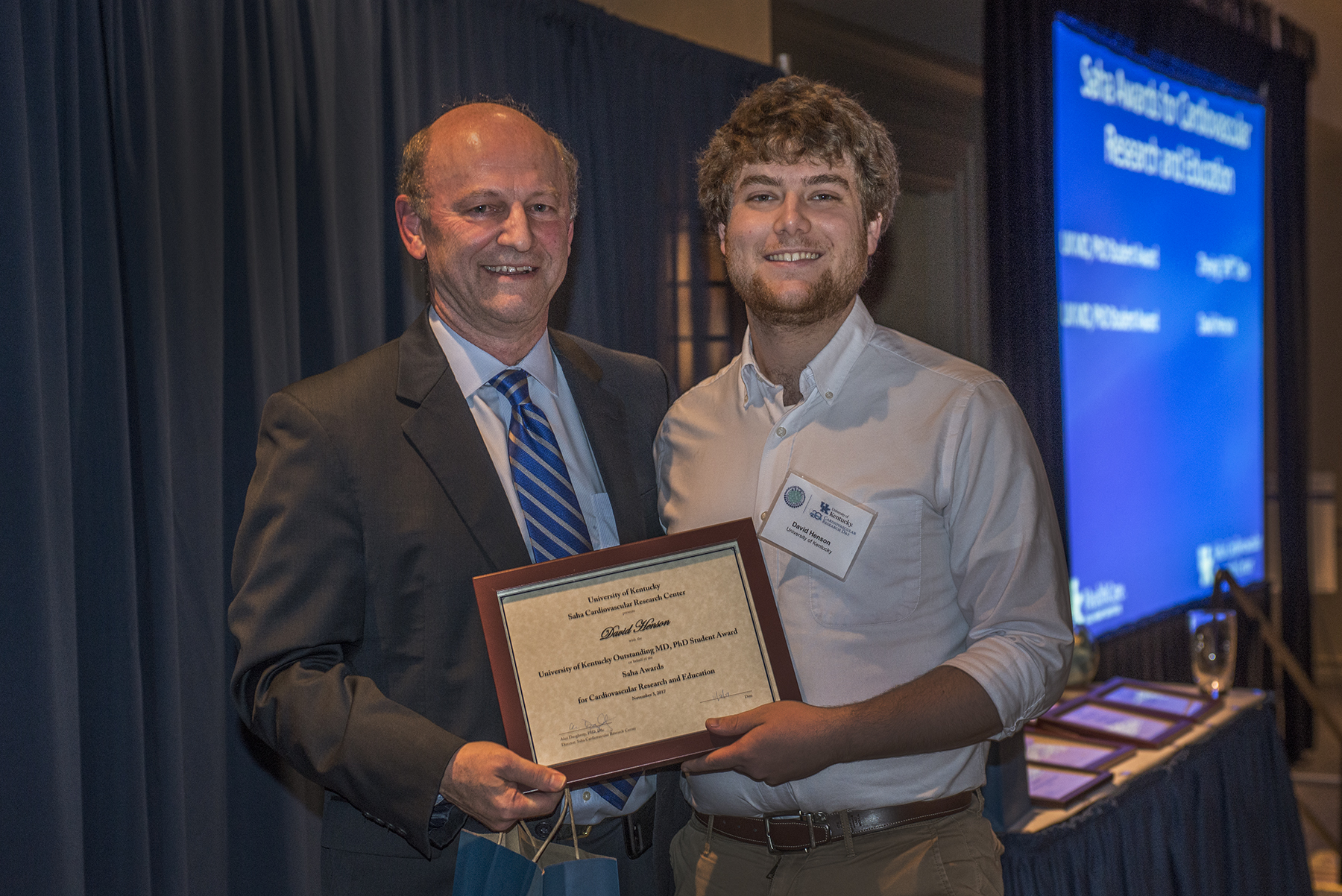
Applications are now being accepted for the 2018 Saha Awards.
The Saha Awards are given to encourage and support staff and students with an interest in and dedication to cardiovascular medicine. Each award includes an unrestricted $1000 prize, a certificate and recognition at the University of Kentucky Gill Heart Institute Cardiovascular Research Day held on September 21, 2018 at the Lexington Convention Center.
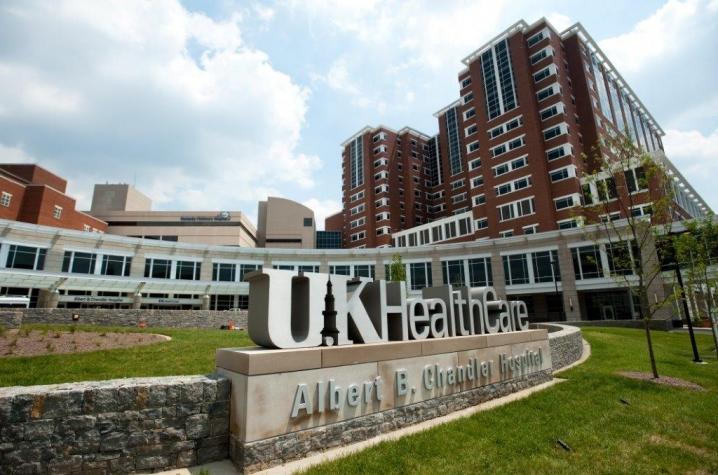
UK HealthCare has more than 155 physicians practicing medicine with University of Kentucky Albert B. Chandler Hospital, Kentucky Children's Hospital, UK Good Samaritan Hospital who appear on the Best Doctors in America List for 2019 — more than any other hospital in Kentucky. Only four percent of doctors in America earn this prestigious honor, decided by impartial peer review.
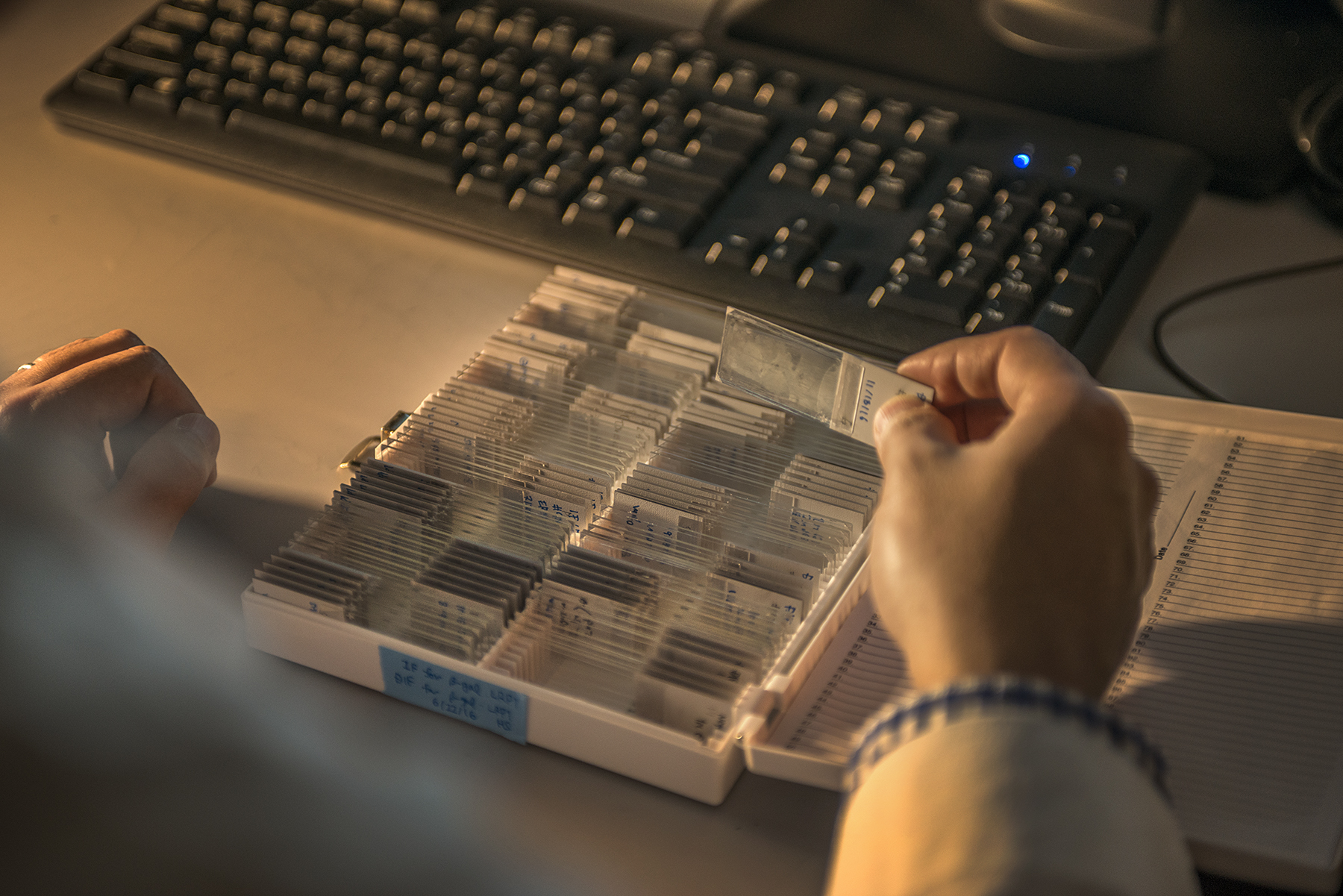
Serum amyloid A (SAA) predicts cardiovascular events. Overexpression of SAA increases atherosclerosis development; however, deficiency of two of the murine acute phase isoforms, SAA1.1 and SAA2.1, has no effect on atherosclerosis. SAA3 is a pseudogene in humans, but is an expressed acute phase isoform in mice. The goal of this study was to determine if SAA3 affects atherosclerosis in mice.
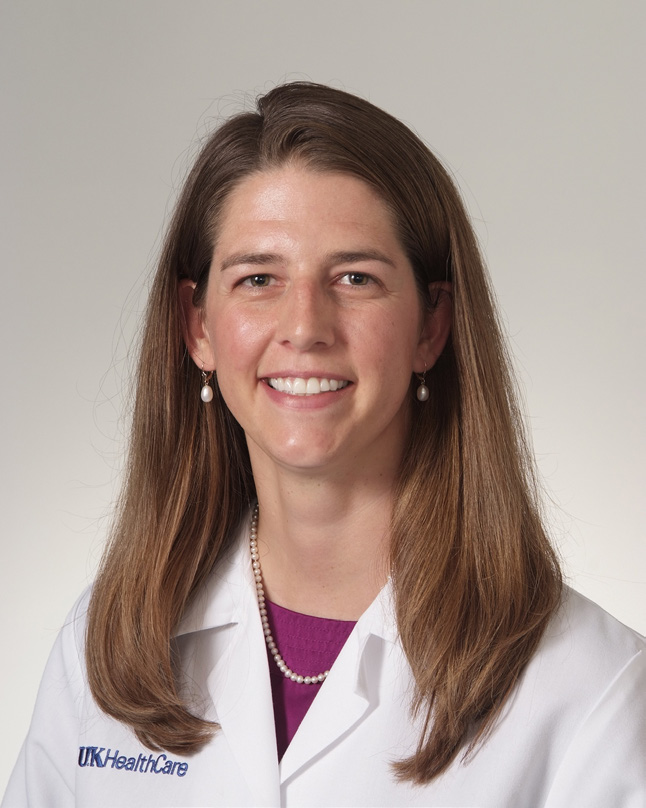

It's common knowledge that exercise is good for our muscles. Regular workouts help tone the muscle we have and build more muscle on top of that.
But the heart is a muscle too. When you exercise, your heart "remodels" to accommodate the body's increased demand for more oxygen-rich blood to feed those muscles.
But does this remodeling affect Olympic athletes differently?
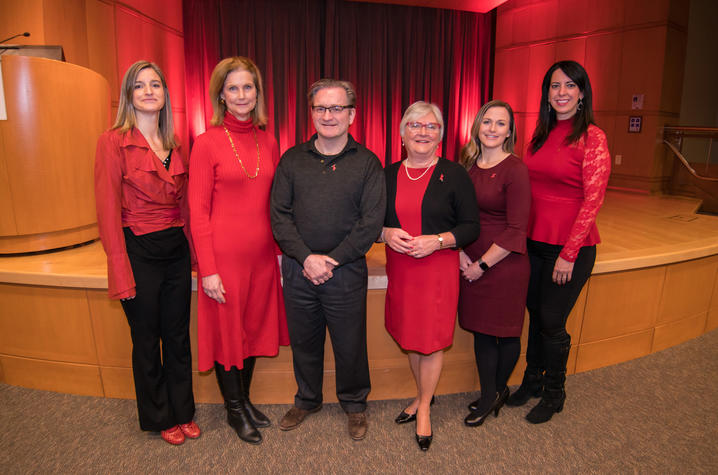
In a society that values gender equality, it's important to remember that there are differences between the sexes that directly impact health.
One area in critical need of further study is cardiovascular health. For the past four years, two junior faculty at the University of Kentucky have invested their efforts to host a symposium where outstanding scientists from UK and universities across the country present new scientific advances in women's heart health and explore translational cardiovascular research areas that merit further study.
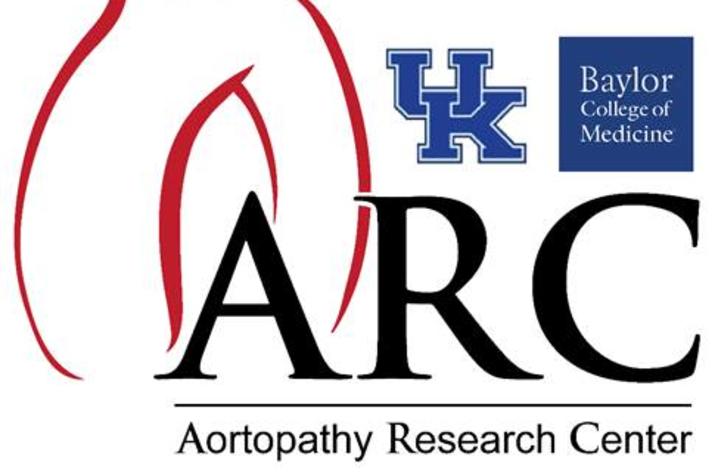
The American Heart Association has awarded a University of Kentucky and Baylor University research partnership $3.7 million to study aortic disease.
UK and Baylor were one of four teams nationwide to receive the honor, which coincides with the establishment of the American Heart Association's Vascular Research Disease Network.
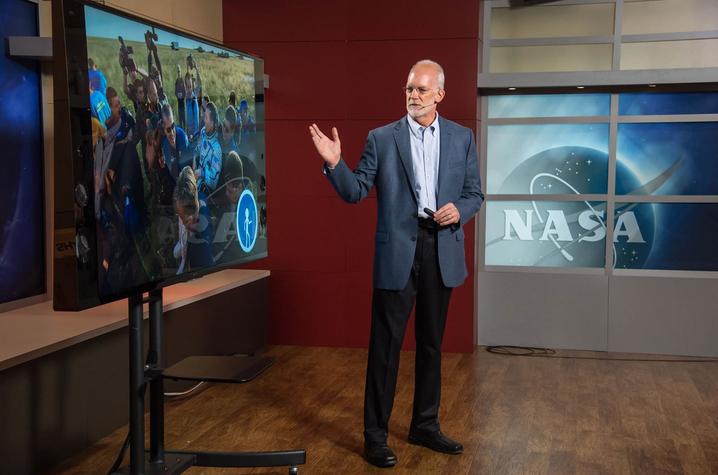
Why?
That's the question John Charles constantly asked his parents as a boy. His father was a trained geologist, but he struggled to answer his son's barrage of questions about nature. So he made sure young John had plenty of books about science and space and encouraged him to find the answers.
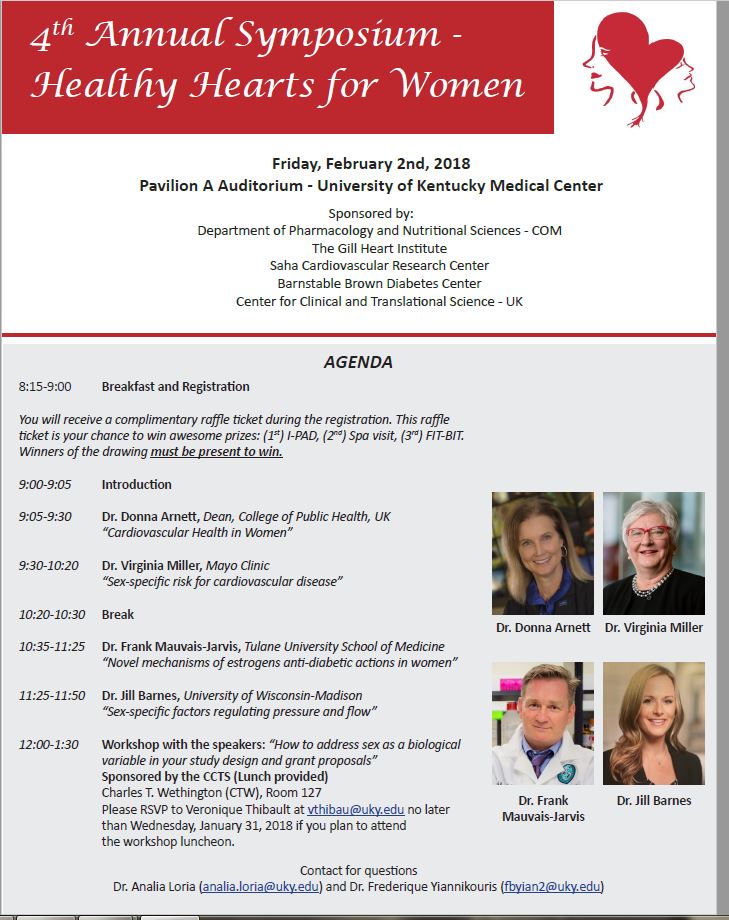

Cholesterol homeostasis is maintained through concerted action of the SREBPs and LXRs. Here, we report that RNF145, a previously uncharacterized ER membrane ubiquitin ligase, participates in crosstalk between these critical signaling pathways. RNF145 expression is induced in response to LXR activation and high-cholesterol diet feeding. Transduction of RNF145 into mouse liver inhibits the expression of genes involved in cholesterol biosynthesis and reduces plasma cholesterol levels.
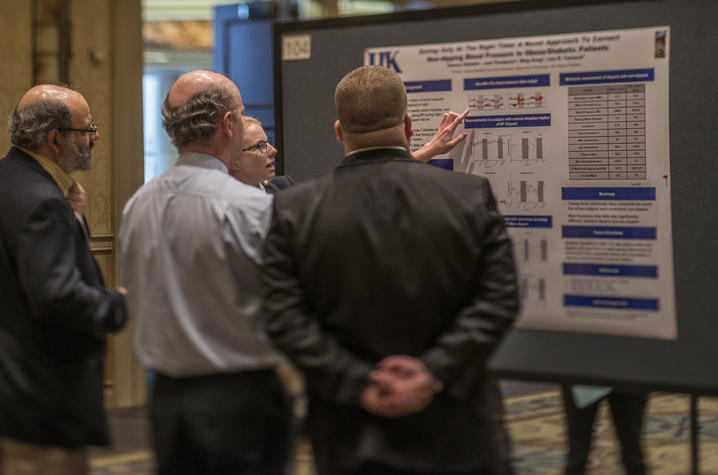
More than 350 researchers, students and guests attended the 20th University of Kentucky Cardiovascular Research Day at the Lexington Convention Center, an annual event that celebrates the innovative research in cardiovascular health.

Latha Muniappan1, Aida Javidan1, Weihua Jiang1, Shayan Mohammadmoradi 1, Jessica J.
Moorleghen1, Wendy S. Katz1, Anju Balakrishnan1, Deborah A. Howatt1 & Venkateswaran
Subramanian1,2
Adipose tissue macrophages have been proposed as a link between obesity and insulin resistance.
However, the mechanisms underlying these processes are not completely defined. Calpains are calciumdependent
neutral cysteine proteases that modulate cellular function and have been implicated in
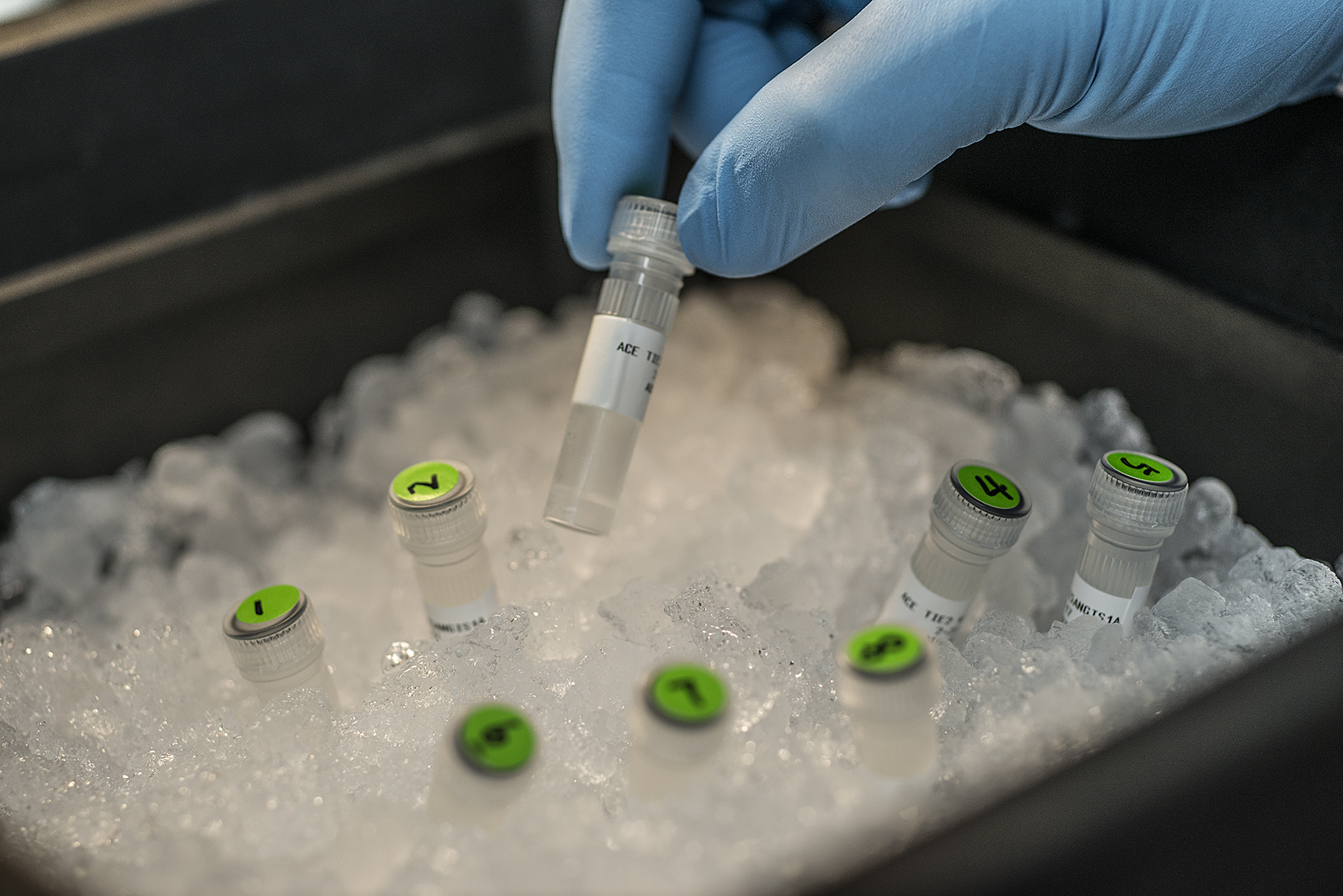
The upregulated expression of heparin binding EGF-like growth factor (HB-EGF) in the vessel and circulation is associated with risk of cardiovascular disease. In this study, we tested the effects of HB-EGF targeting using HB-EGF-specific antisense oligonucleotide (ASO) on the development of aortic aneurysm in a mouse aneurysm model.
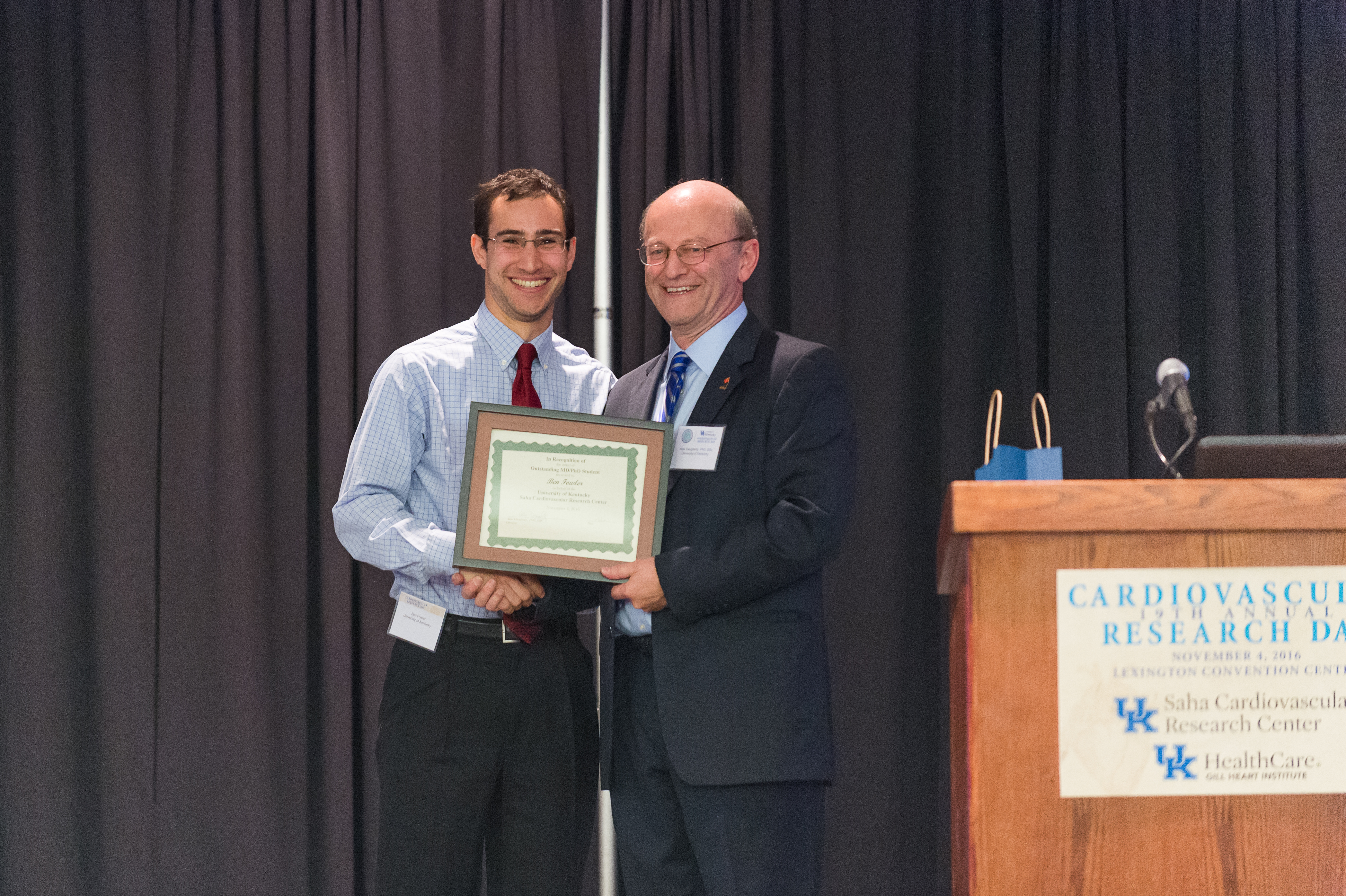
The Saha Cardiovascular Research Center recently announced the winners of the 2017 Saha Awards. These annual awards are given to Medical and Nursing students as well as to a nurse educator. The awards are designed to reward creativity, dedication and knowledge in areas of cardiovascular research, disease prevention and patient education. The 2017 recipients are:
MD/PhD Student Award – Zheying “Jeff” Chen
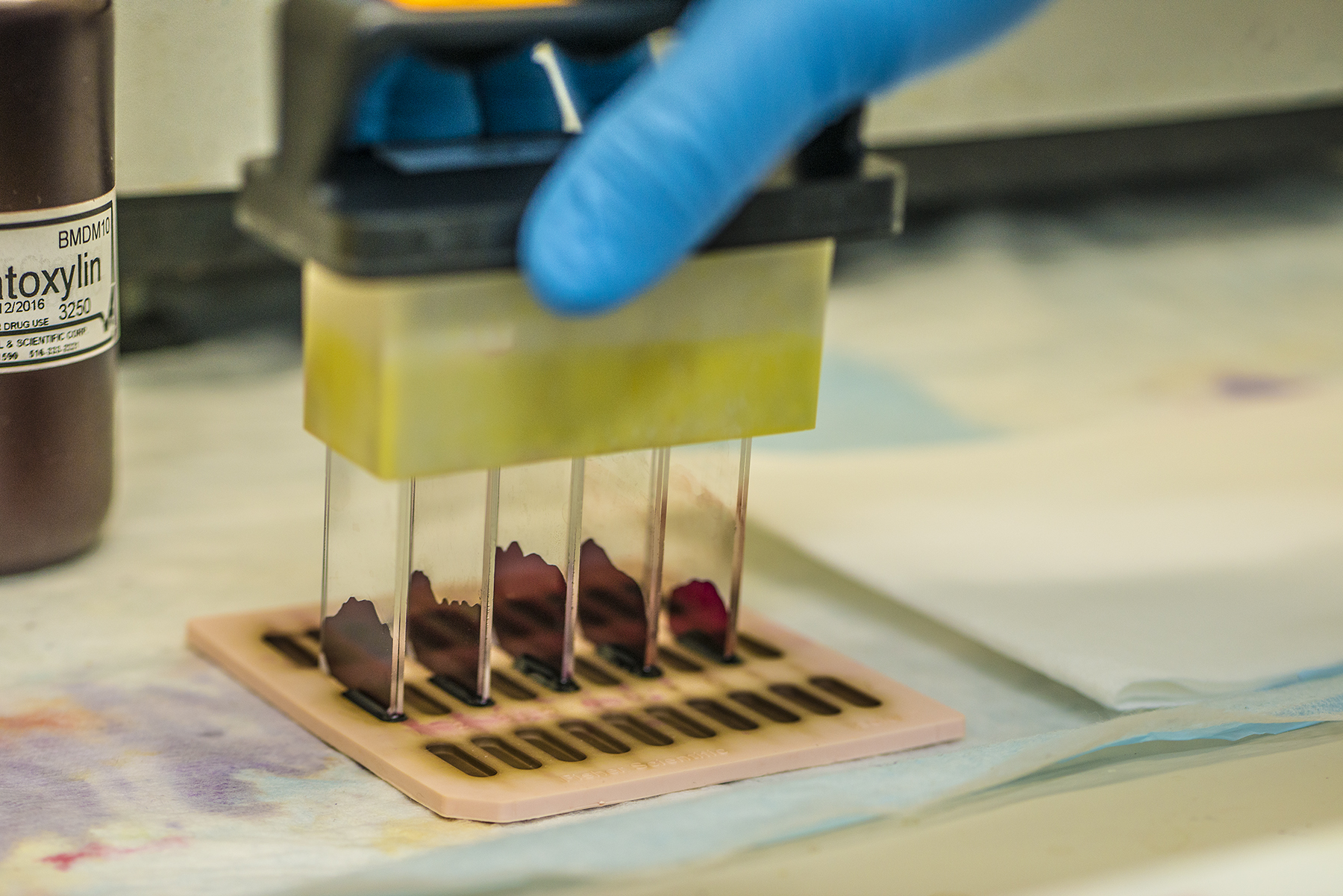
Group X (GX) and group V (GV) secretory phospholipase A2 (sPLA2) potently release arachidonic acid (AA) from the plasma membrane of intact cells. We previously demonstrated that GX sPLA2 negatively regulates glucose-stimulated insulin secretion (GSIS) by a prostaglandin E2 (PGE2)-dependent mechanism.
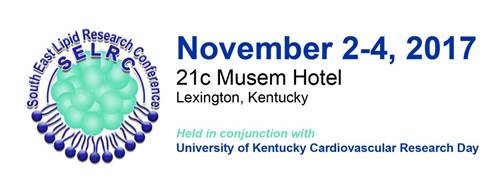
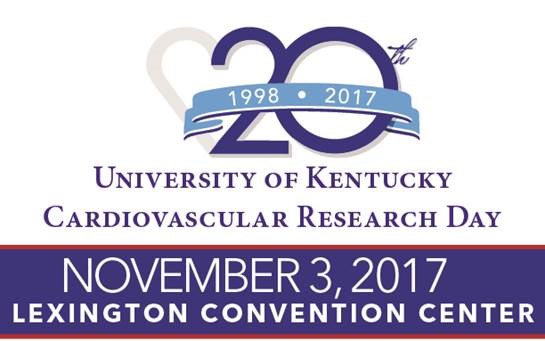
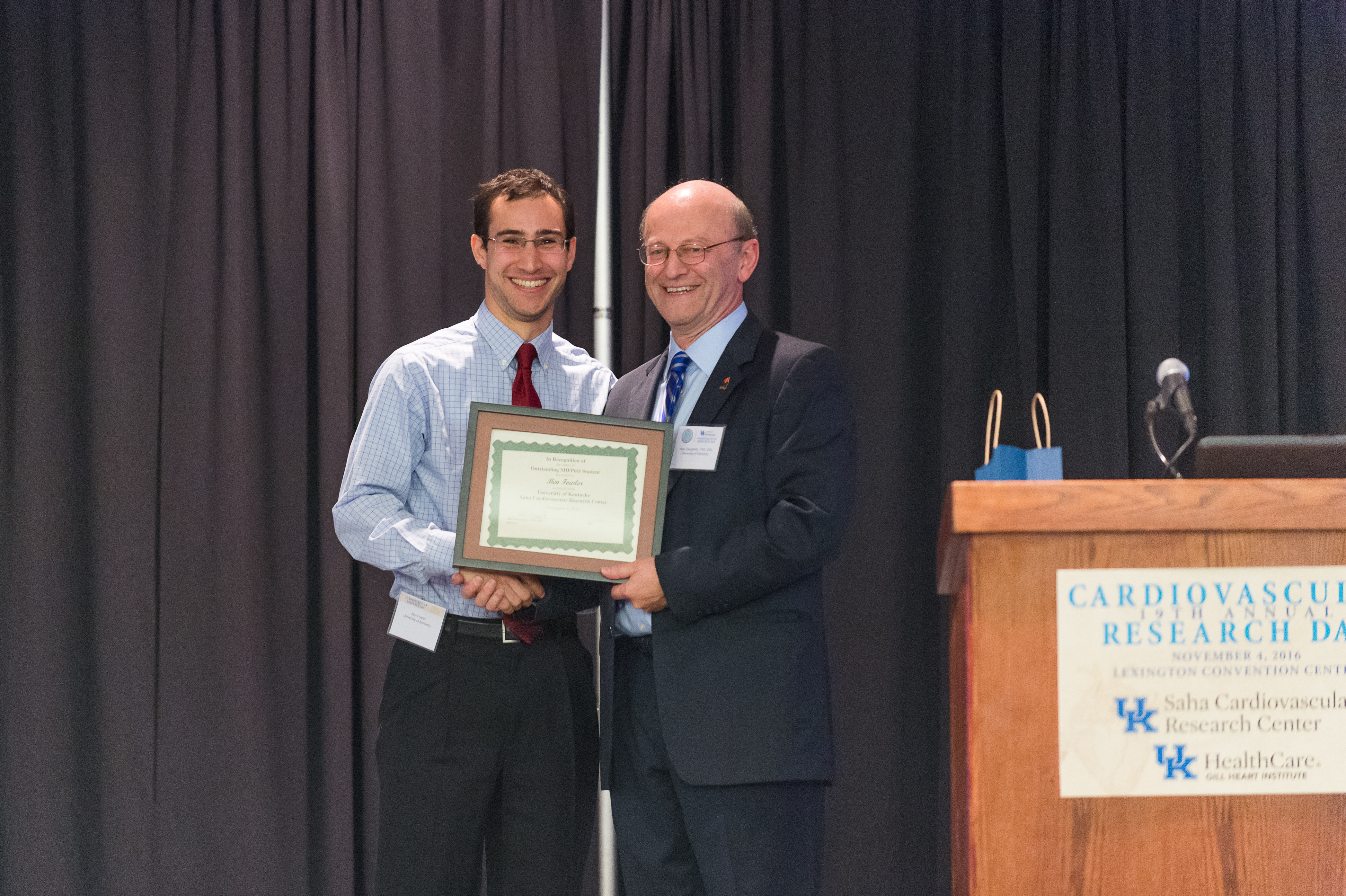
The Saha Cardiovascular Research Center is now accepting applications for the 2017 Saha Awards.
The application process will close on Friday, September 15, 2017.

Sawada H, Rateri DL, Moorleghen JJ, Majesky MW, Daugherty A.